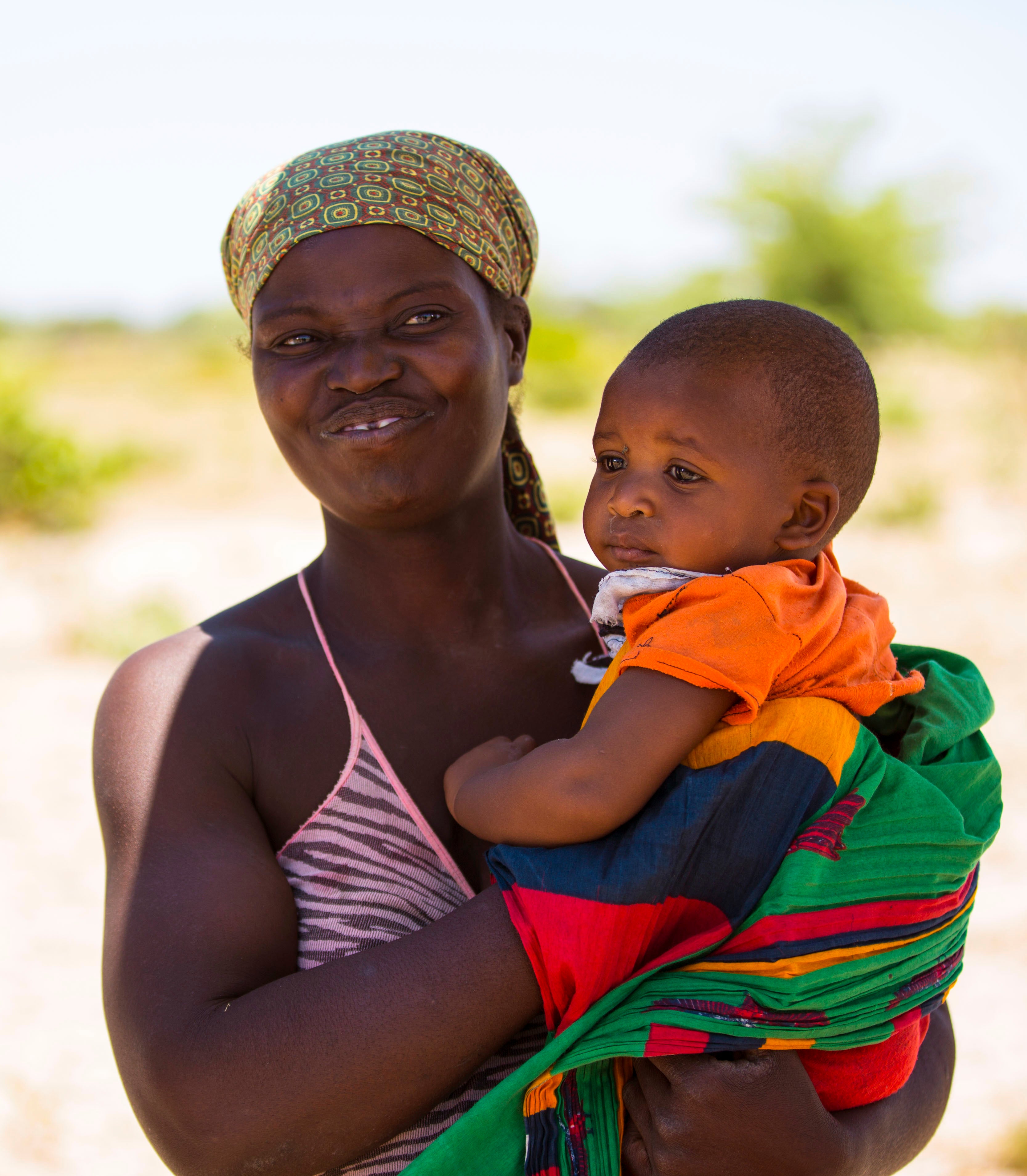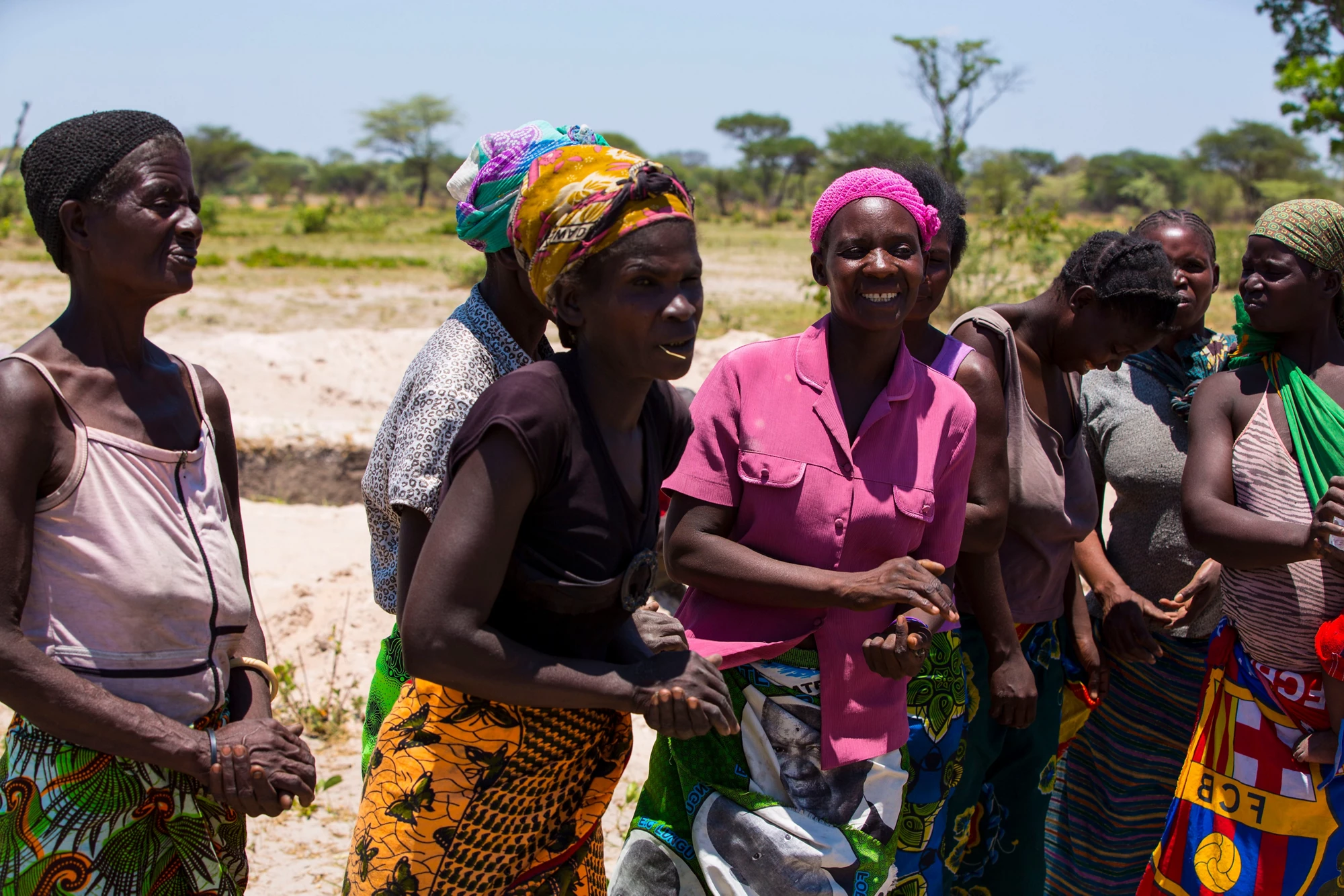When I met Esther Nyambe, she was dressed in a vibrant swirl of brown, green and violet and was pedaling a water pump. Nyambe heads a community organization in Mbeta Island, where women are taking the lead to improve access to safe water and diversify their income through climate-smart farming.
Mbeta Island is surrounded by the Zambezi River and faces increasingly unpredictable floods. Climate change is a reality in this landlocked country where more than half of the population lives in poverty. The island has seen floods that can turn communities into swamps.
In other areas, the biggest problem is access to water. Getting water for daily use often keeps women from work and children from school. But, with government-supported, community-led projects, new solar wells have brought water closer to home. Life and livelihoods are improving.
Zambia is tackling climate change at the institutional level while diversifying its economy and scaling up community-led projects. One of the first steps the country has taken in this direction is to mainstream climate risk adaptation in national development plans. The country has developed best practices and, as a result, increased its climate resilience.
Clearing the way for Climate Resilience
Communities in the southern and western provinces have been supported through the Pilot Program for Climate Resilience (PPCR), a World Bank-led, Climate Investment Fund (CIF) program. This began in 2010 to help the country develop a Strategic Program for Climate Resilience. This was done by strengthening the institutional and financial framework needed to put the country on a climate resilient path. This work under the first phase was instrumental in allowing a second one, bringing money and technical assistance to community-led programs.
As of 2016, there were 105,000 beneficiaries in 14 districts, where more than 90% of the population live off farming. These results have generated requests to scale up the model to more provinces using a resilient landscape approach.
Phase II has focused on the Barotse Sub-basin of the Zambezi, where we are witnessing grassroot groups, like Esther Nyambe’s, take charge. This was possible through investments in community adaptation sub-grants, adaptation contingency funds, and canals clearing.
Zambia’s intricate canal system was built in the mid-1800s for transport and as an adaptive mechanism for the seasonal flood and drought. Since the 1970s, the canals have been in chronic disrepair, unable to cope with flood returns. Their rehabilitation under the project has had transformational effects.
In the Nalolo District, community-led soft adaptation projects have improved the lives of more than 2,000 residents. Now, they have two cropping seasons, using flood resistant crops, such as early maturing cassava. Engagement through the project led to improved livelihoods, better disease prevention, and improved availability and access to safe water. Some teachers even witnessed improved girls’ attendance because of the new solar-powered wells and the cleared canals.
PPCR has a deep focus on gender as seen in Esther Nyambe’s group, which includes 57 women-led families. In Zambia, households often care for many children, welcome orphans and may have one or more members sick with HIV-AIDS.
Many rural families and subsistence farmers have now been trained by the PPCR project on participatory climate risk planning. We have created a successful model that should be scaled up across the country.
In recent months, through the PPCR Africa Regional Exchange in Zambia, several PPCR pilot countries have witnessed the successful impact of the Zambia PPCR and have expressed keen interest in replicating the Zambia approach. As we learn from other countries combatting climate change, we are more than ready to share our best practices and lessons learned.



Join the Conversation